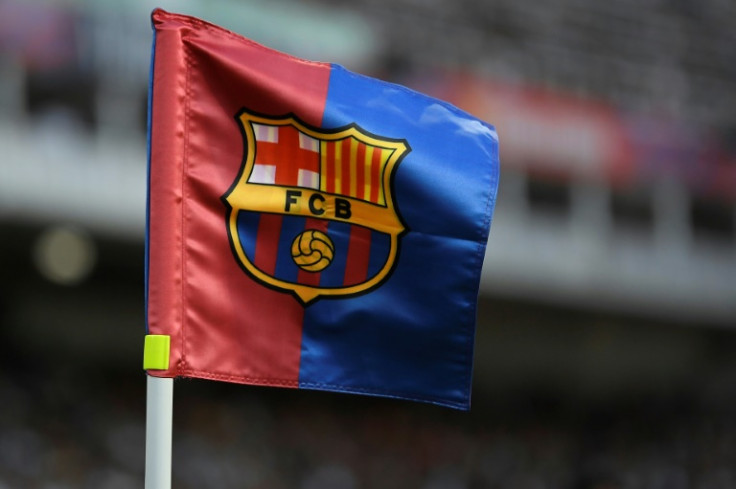FC Barcelona Could Be Banned From Champions League For Three Years Over FFP Violations
The club is at odds with UEFA over alleged violations of financial fair play regulations.

Football Club Barcelona is reportedly facing the possibility of being banned from participating in the UEFA Champions League for approximately two to three seasons. The sanction is reportedly related to the club's alleged violations of financial regulations through several seasons.
Apparently, the financially troubled Catalan giants have failed to balance their books against UEFA's financial rules. The club apparently reported a net profit of €304 million (£263.6 million) last September.
It has been widely reported that the club has been activating a number of financial levers over the past several seasons in order to generate cash. They have been finding various ways to be able to alleviate their debt and to be able to register their players.
The financial levers, coupled with wage cuts and sales of high-earning players, has allowed them to at least be able to remain active in the transfer market. Through these manoeuvres, they are also hoping to avoid punishment when it comes to the financial fair play regulations both in Spain and in Europe.
Barcelona have brought in money by selling the club's assets and broadcast rights, as well as signing new sponsorship deals. However, it seems as though their efforts may have not been enough to get them out of a pickle with the European governing body.
Why is Barcelona facing the possibility of a Champions League ban?
According to German publication Die Welt, UEFA is planning to put its foot down when it comes to Barcelona's situation. The club is reportedly facing both a ban from Europe's top tier competition as well as a hefty fine.
The reason behind this is that UEFA only considers a club's income that has come directly through football. Therefore, some of Barcelona's financial levers have not met the requirements to be considered part of their revenue.
Barcelona was able to bring in a lot of cash over the past couple of years. For example, they sold a significant part of the club's future TV and marketing rights. They also sold a significant chunk of the club's production arm, Barca Studios. Apart from that, they inked new sponsorship deals, including the high-profile deal with Spotify. The partnership with the streaming giant included naming rights to the Camp Nou as well as the much coveted advertising real estate in front of the team's shirt.
They also sold assets from the club's other sports teams, but those are not being factored in by UEFA as they only consider income generated directly from football. As of the latest UEFA assessment, the club's expenses still do not match their reported income, and as such they have violated financial regulations.
Despite this, it is understood that the club is still working to solve this issue and UEFA has not made a final decision on the matter just yet. In other words, the aforementioned "ban" is still a speculation for now.
If the club fails to find a solution, they could be banned from participating in the Champions League starting from the 2024/25 season. This ban could last two to three years. As it stands, Barcelona are playing in the current Champions League season, and have qualified into the knockout stage. They will be facing Italian Champions Napoli in the round-of-16 in February.
Meanwhile, they are sitting in fourth place in the La Liga table, which means that they are on track to gain a spot in next year's Champions League.
The club's books have been described as a "disaster", something that has not really been a secret. The gravity of Barcelona's financial troubles became evident back in 2021, when they failed to offer then-captain Lionel Messi a contract extension simply because they could not afford to.
Apart from the financial issues, FC Barcelona is also dealing with a massive corruption scandal dubbed "The Negreira Case". The club has been accused of paying referees for favourable decisions over the span of several years.
© Copyright IBTimes 2025. All rights reserved.






















